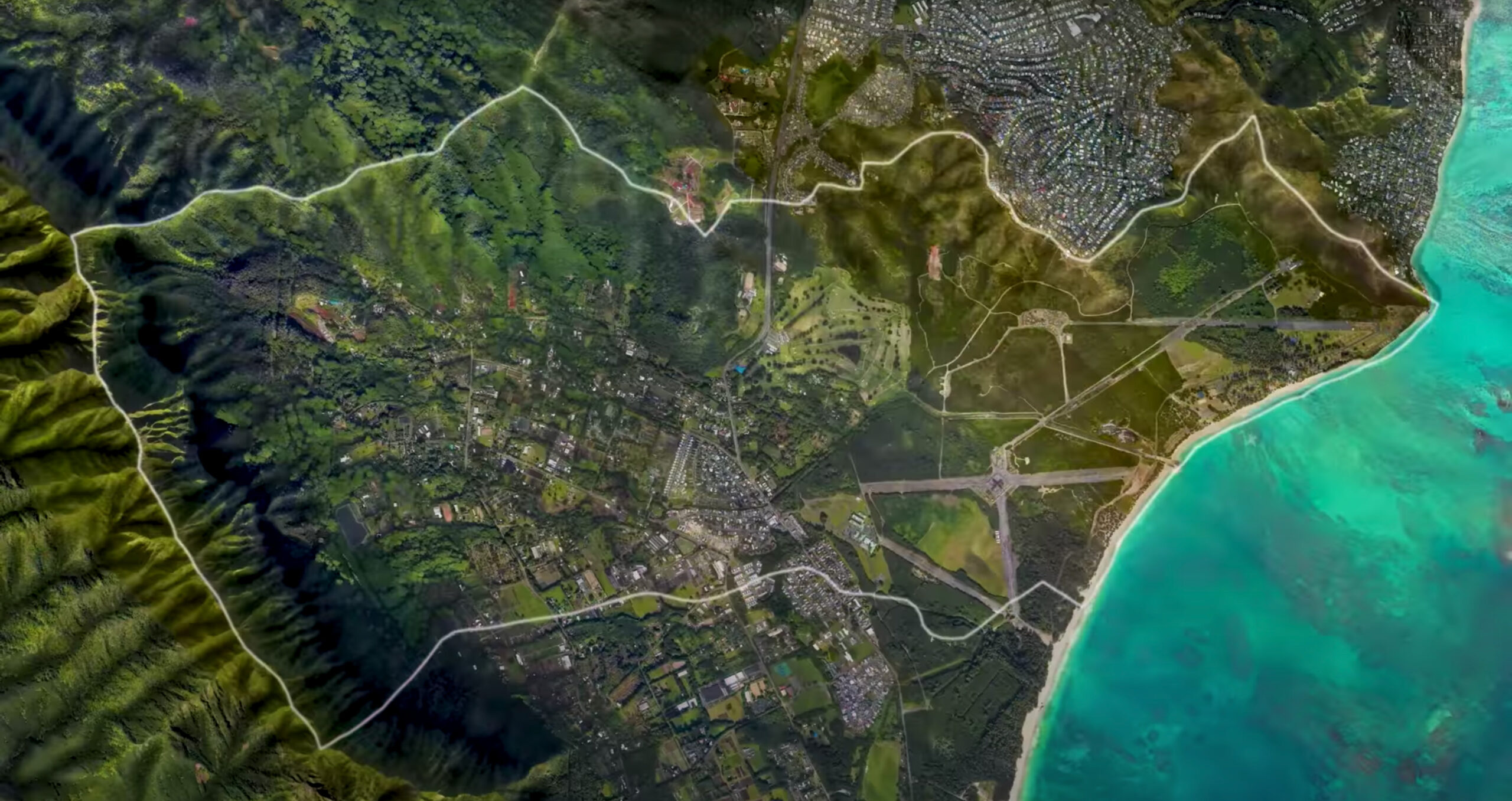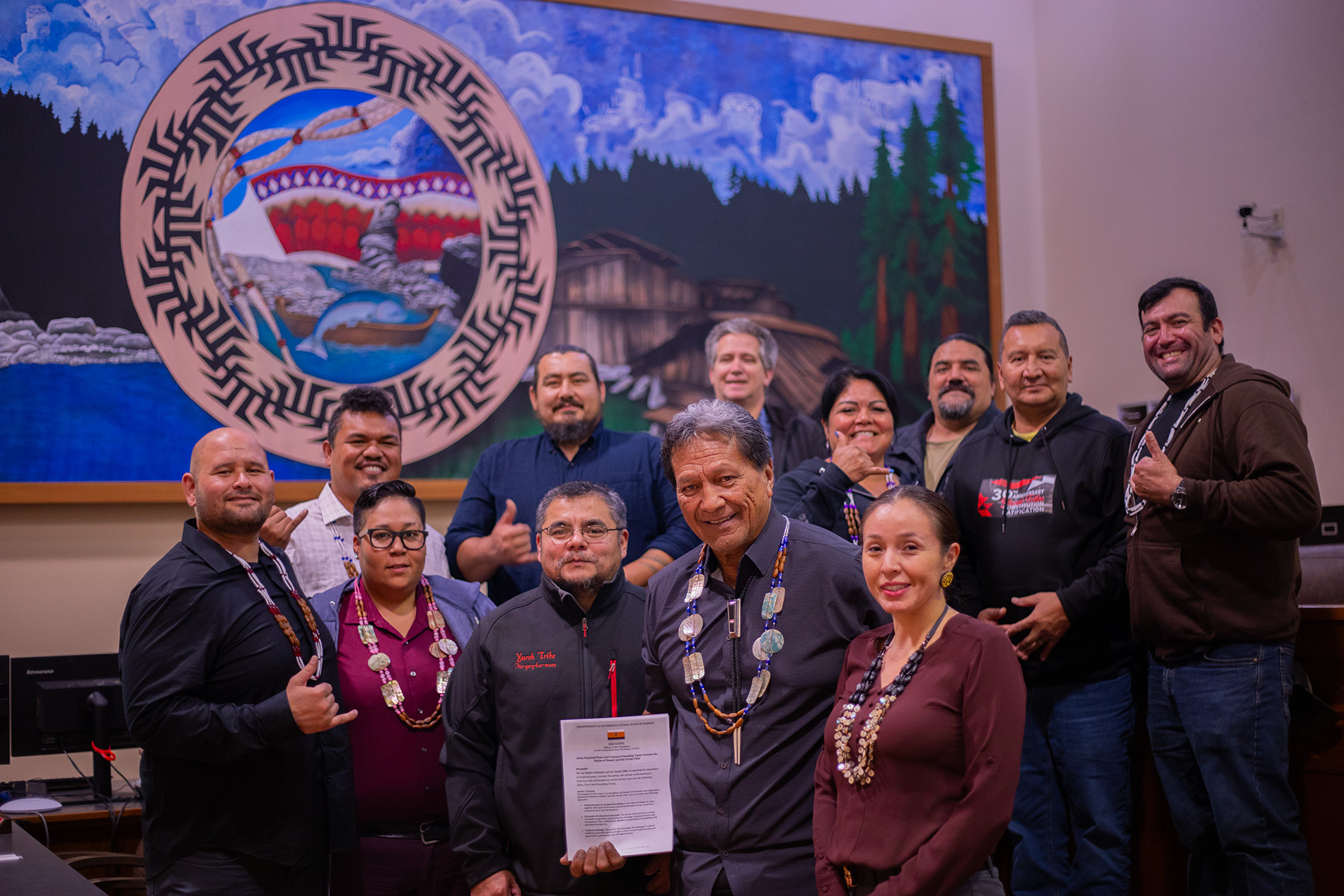Nation State of Hawai’i
Our History
KUMULIPO (Creation) The Origin of the World and Genealogy of the Kanaka Hawai’i Maoli People

Nation State of Hawai’i
KUMULIPO (Creation) The Origin of the World and Genealogy of the Kanaka Hawai’i Maoli People

The Sovereign & Independent Nation State of of Hawai‘i was officially established on January 16, 1995, through the enactment of the Hawai‘i Constitution, which was ceremoniously signed at ‘Iolani Palace in Honolulu, Hawai‘i.
The core purpose of the Constitution was to reaffirm the “right to self-determination as a people” and to seek the “restoration of political, economic, social, and cultural rights” for all Native Hawaiians, as well as the citizens of the Nation.
The establishment of the Nation of Hawai‘i is rooted in U.S. Public Law 103-150, also known as the Apology Resolution, which was passed by the United States Congress in 1993. This significant legislation acknowledged the historical significance of the illegal overthrow of the Kingdom of Hawaii on January 17, 1893. The resolution recognized the subsequent suppression of the inherent sovereignty of the Native Hawaiian people and the violation of their right to self-determination. It provided a foundation for the Nation of Hawai‘i to reclaim its sovereignty.
The Legislative General Assembly of the Nation of Hawai‘i consists of three key bodies: The Citizens Assembly, the Na Kupuna Council (Council of Elders), and the President and Head of State, Pu’uhonua D.K.B. Kanahele. The administrative structure of the Nation is organized into five mokupuni (counties), namely Hawai‘i, Maui, Moloka‘i, O‘ahu, and Kaua‘i. Lanai, Ni‘ihau, and Kaho‘olawe are held in trust by the Nation of Hawai‘i.
In its pursuit of reestablishing the inherent sovereignty of the Nation of Hawai‘i, the pathway followed international guidelines for self-determination of occupied nations and Indigenous Peoples.
Nation of Hawai‘i Broadband is leading Hawaii’s community network expansion with the deployment of broadband networks at Puʻuhonua O Waiʻanae Mauka and Makai on Oʻahu, Kipahulu on Maui, and Miloli‘i on Hawai‘i Island, bringing digital literacy and WISP capabilities to rural Native communities that need it most.
On November 28, 2021, the Nation of Hawai‘i declared economic independence with the signing of the Nation of Hawaii Bank Act, enacted in September 2021, and establishment of Nation of Hawai‘i Central Bank to regulate credit and digital currency in the best interests of the economic life of the Nation.
Economically, the bank and digital currency will help the Nation of Hawai‘i capitalize on the advantages of our unique position in the center of the Pacific Rim and opportunities to become a center for ethical investment and financial services. At the same time, investments in national security will facilitate the diversification of our local economy with profitable and innovative community based projects, producing meaningful employment and furthering local and national self-sufficiency.
In 2022, Nation of Hawai‘i established a presence and office space at Honolulu’s Foreign-Trade Zone 9, introducing International trade and commerce opportunities to the Nation’s economic development efforts, including a business center for Nation of Hawai‘i Central Bank and Nation of Hawai‘i University.
Together with local and international partners, The Nation of Hawai‘i is leveraging its financial foundation and traditional knowledge to develop sustainable, practical solutions to significant issues.

Nation of Hawaii’s mission is to restore, maintain and preserve the sophisticated religion, language and culture of the Native Hawaiian people, who prior to the overthrow, lived in a highly organized, self-sufficient, subsistent social system based on Communal Land Tenure. (pre-mahele)